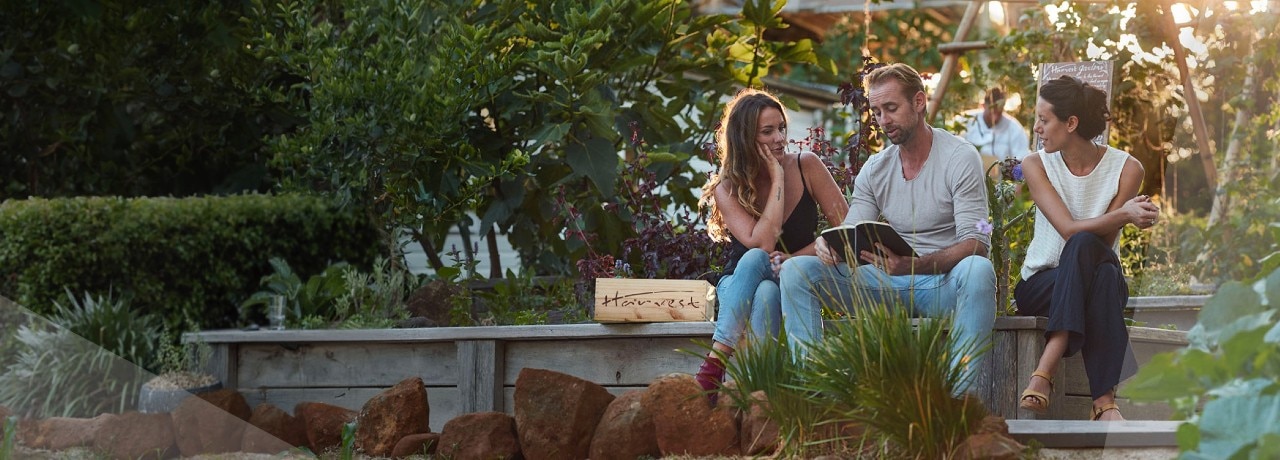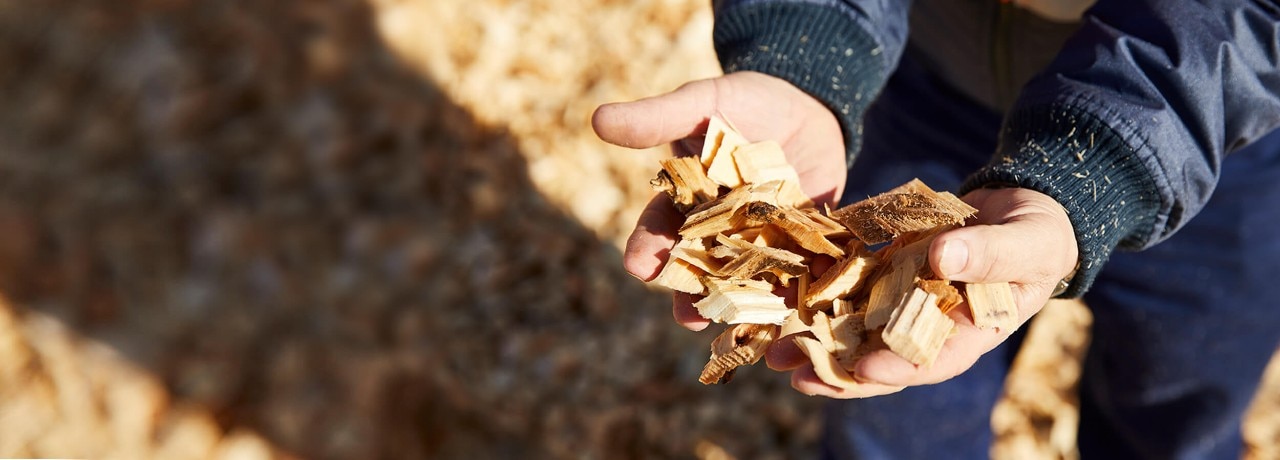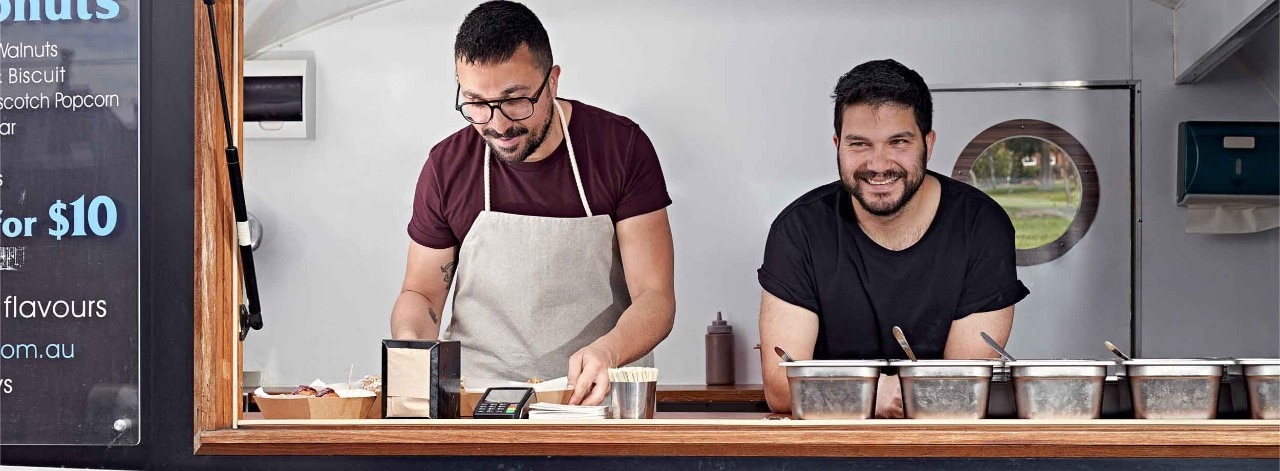More ways to grow your business | Tips to get you started - NAB
Discover more ways to grow your business
Foodie heaven - turning an idea into reality
How Harvest transformed into a destination dining experience.
Road from practitioner to designer
Caroline McCulloch shares the passion that drove her to create FRANKiE4.
Business growth in forestry draws investor billions
How a forester grew a $5 billion forestry asset management company.
Give the extra 1% and watch business opportunities grow
What it takes to rise above the rest.
Time to diversify? Here are five ways to go about it
Diversification in your business can be key to profitable growth.
Five property investment tips for business owners
How to generate additional income streams to help grow your business.
For small business expansion, it's time to go digital
How embracing apps can help Australia’s small businesses expand.
Tips for entrepreneurs investing in the next big thing
A guide to angel groups and venture funding.
Tax time tips for small business
Our helpful tips take the hassle out of tax time.
Guide to managing business growth
Things to keep in mind as your business grows.
What you should know about a business restructure
A guide to managing business restructures.
Related products and tools
NAB QuickBiz unsecured business loan
Fast, unsecured business lending made easy. Get access to funds for your business without physical assets as security.
Business credit cards
Earn rewards points and manage business expenses with our range of business credit cards.
NAB QuickBiz unsecured business overdraft
Manage your cash flow and unexpected expenses with an unsecured business overdraft on your transaction account, up to $50,000.
Get in touch
Request a call back
Let us help with your business banking needs. Request a call back to chat with one of our business bankers.
Contact us
Explore our business banking contact information and get support with a wide range of products, services and topics.
Visit a NAB branch
Our business bankers are located all around Australia.
Important information
Apologies but the Important Information section you are trying to view is not displaying properly at the moment. Please refresh the page or try again later.
The information contained in this article is intended to be of a general nature only. It has been prepared without taking into account any person’s objectives, financial situation or needs. Before acting on this information, NAB recommends that you consider whether it is appropriate for your circumstances. NAB recommends that you seek independent legal, financial and taxation advice before acting on any information in this article.












